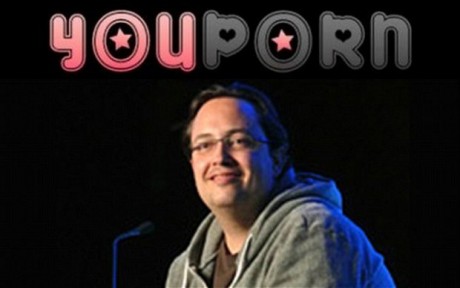The European parliament is discussing a „ban on all forms of pornography”, in an attempt to reduce the stereotyping and ill-treatment of women. I dare say it will be unpopular around here, because if anything is likely to make the commenters underneath these blog posts hate the European Union even more, it would be an attempt to ban what’s open right now in your browser’s second tab.
I jest, of course. (Although one or two of you are probably blushing.) But it is going to provoke an almighty row, between the „pornography demeans women and damages men” side and the „a ban on pornography is a blow to free speech” side. Which is funny, because those two sides don’t necessarily disagree about anything: those two statements could both be true.
For a start, there really is a risk of pornography addiction, as my colleague Damian Thompson will tell you (because he’s written a book about addiction generally, The Fix [out now in paperback and available at all good bookstores], I should hastily add, not because he has any special insight into this addiction in particular). It really does lead to compulsive behaviour, for some people, and there has been a suggestion that overconsumption of porn damages sex lives. And I don’t think there’s any real argument that some of the stuff that is portrayed is demeaning, or indeed degrading, to women. Whether it damages men’s attitudes to women I don’t know: it makes intuitive sense, and commentators are quick to blame any sexual bad behaviour on the prevalence of internet porn, but there is an ongoing row over whether or not there is a causal relationship, into which I do not want to get.
But on the other side, the „it’s a blow to free speech” crowd are obviously right. Banning pornography means defining pornography, which when we remember this sorry episode we should realise is not as clear-cut as all that. Another colleague of mine, Willard Foxton, is writing a comical blog about dating, and he reports that every single major mobile provider rates it as „adult content”. Even were we to say those were simply stupid mistakes made by overzealous algorithms, there are going to be things that are borderline. An old friend of mine who did art at university did a whole exhibition of, basically, photos of body parts and rubber models of other body parts and, really, just lots of body parts. Is that art? Is it pornography? Whether you like it or not we’ve got a decision to make, and if the EU is banning porn, then presumably it’ll be the EU that decides what’s too porny for the Tate Modern.
The trouble is, as Daniel Kahneman says in Thinking, Fast and Slow and as I have probably said on here a few times before, we have a mental block when it comes to risks and benefits. Instinctively, if we think something has benefits, we decide it has no risks, and if we think something has risks, we assume it has no benefits. It’s been shown that people (Westerners, at least) who are told that something has more risks than they thought immediately and irrationally downgrade its benefits in their mind as well.
All of which means that people on the „porn causes harm” side will be unlikely to see the risks of a porn-ban, and people on the „free speech is vital” side will be unlikely to see the potential benefits. But for the debate to go anywhere, both sides need to acknowledge that „allowing porn” and „banning porn” both have risks and both have benefits. The question is: what value do we place on free speech as an ultimate good, and what value on protecting people from the potential damage of pornography? Until both sides start admitting the other side has a case, the debate is just pointless shouting.
(NB: I’m told by more techy colleagues that any complete porn ban is completely unworkable anyway, so it’s all academic. But still.)
Read more by Tom Chivers on Telegraph Blogs
Follow Telegraph Blogs on Twitter
